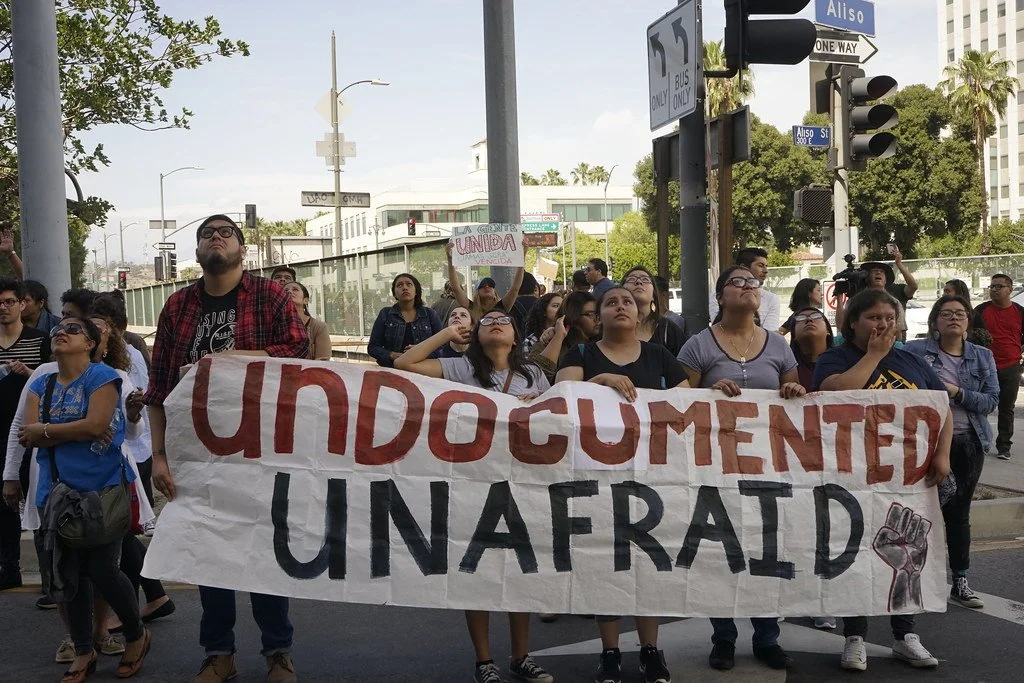Supporting Undocumented Students
As teachers we have a moral obligation to protect our students
My school serves a diverse population. I have many students who are immigrants. Some are arrivals who were brought when they were young, others are more recent arrivals. Many have documentation, some do not. Some of those who are documented have undocumented parents. These mixed status families are among the most vulnerable members of our society. Imagine coming home from school and finding everyone you love is gone. This is the fear mixed status students carry with them everyday. Students who are afraid for themselves and their families are more distracted in our classrooms.
Regardless of their immigration status, we have a moral obligation to serve, educate, and protect all students. To that end we have begun organizing here in the South Puget Sound. Below you will find resources that have been shared with me and that I want to share with you:
From the ACLU, what to do if you are stopped by immigration or other law enforcement
From ICE, an FAQ on sensitive locations, where raids can and typically can't be carried out
From the American Federation of Teachers, a handbook for school staff for dealing with immigrant and refugee children
From United We Dream, a "Know Your Rights" information card in nine languages. I have these on my classroom door in English, Spanish, Arabic, Mandarin, and Korean
From College Admissions, advice for students who are undocumented on applying for college
From the American Immigration Council, a summary of Plyler v Doe, a US Supreme Court case guaranteeing undocumented students access to public education
From NEA, a page called EdJustice with videos and policy papers. The site also contains links to how teachers can take action on behalf of undocumented students
Tacoma Teacher Town Hall: In 2017, representatives from the ACLU, Northwest Immigrants Rights Project, and Washington Dream Coalition recently addressed a public gathering of educators from across the South Sound. They offered resources and insights and took audience questions on advising students on how to deal with ICE.

